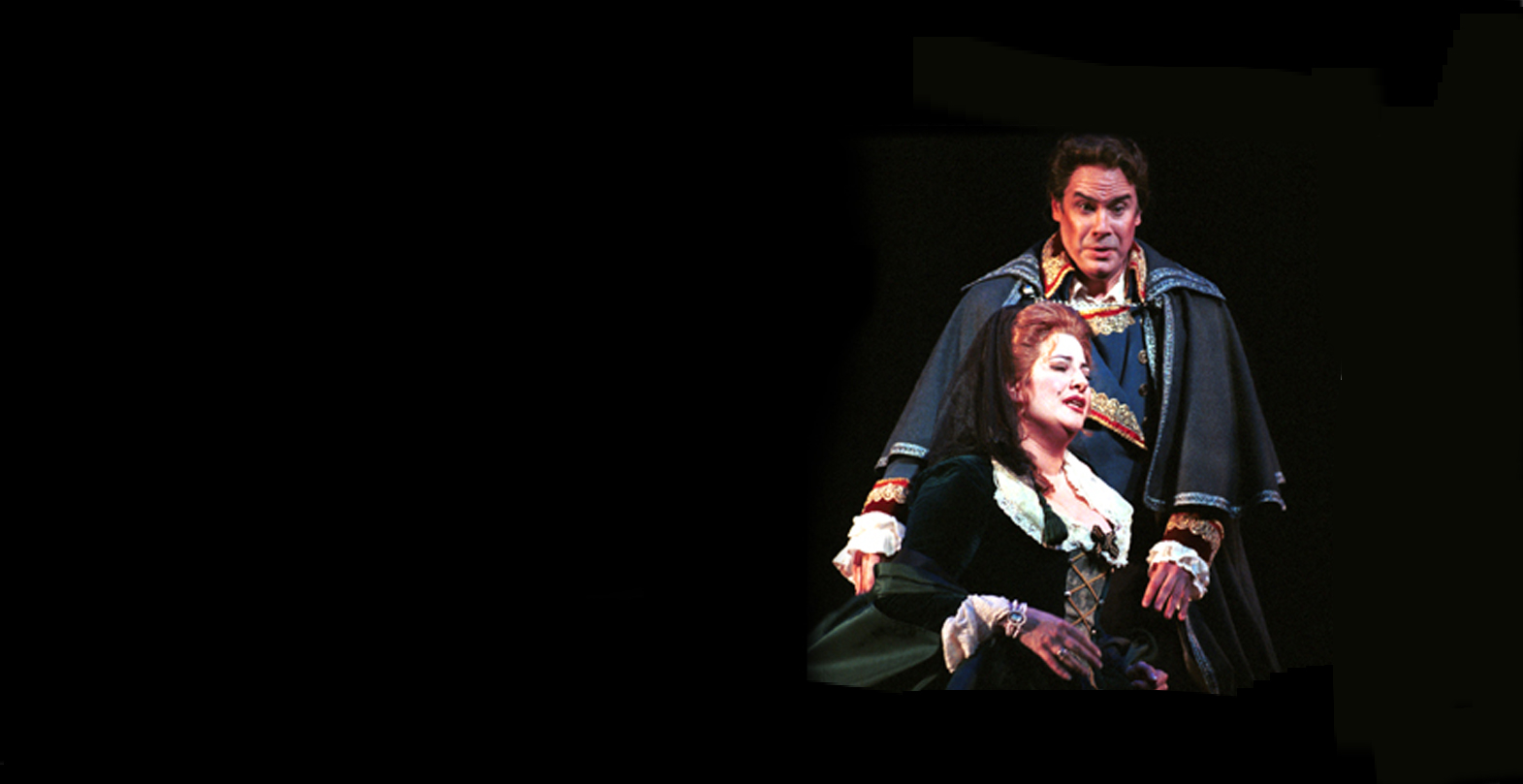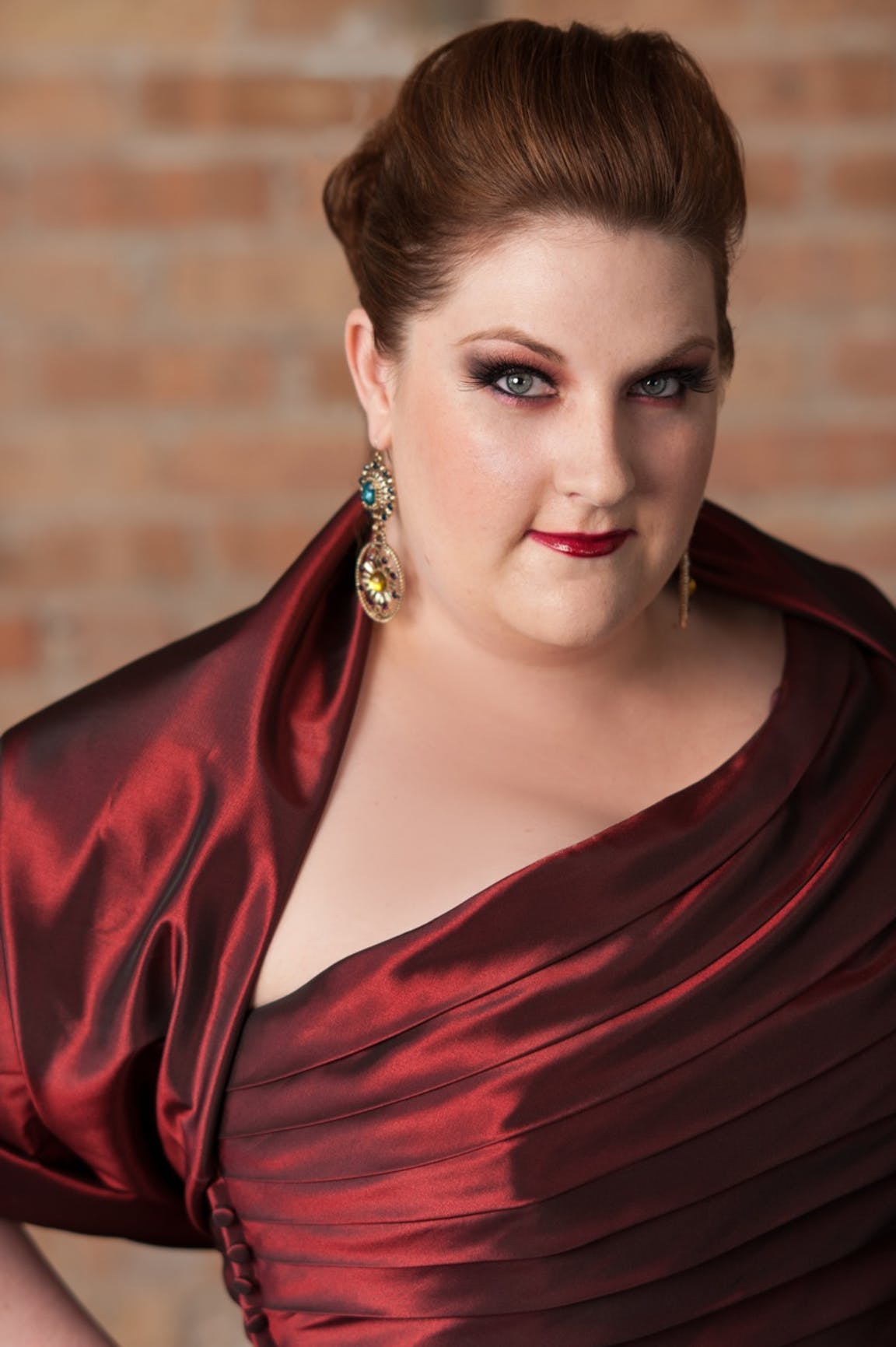
Tamara Wilson, the Florida Grand Opera’s dazzling Amelia
For music lovers, few experiences can compare with that of encountering a rich, enveloping, stunning voice. It is what makes opera both incomparable and irreplaceable.
Tamara Wilson has one such voice.
Less than a year ago, Wilson sang at the prestigious Richard Tucker Music Foundation Gala, clearly demonstrating that she deserved its 2016 Singer of the Year award. At Carnegie Hall that evening, audiences realized they were in the presence of a vocal instrument that could tackle the roles that make great sopranos tremble and audiences delight.
After two years of working successfully in Europe, Wilson returns to America in the role that catapulted her to fame 10 years ago at the Houston Grand Opera: Amelia in Giuseppe Verdi’s “Un Ballo in Maschera” (“A Masked Ball”), which she will reprise through May 13 for the Florida Grand Opera.
“It’s my fourth ‘Ballo’ production,” says the refreshing anti-diva. “I would say my favorite Verdi role is that of Leonora in ‘Forza del Destino,’ though Aïda is the one I sing most often and the one that marked my debut at the Met. Next year, I will take my first turn as Lady Macbeth, a role that fascinates me.”

Since she has played Elisabetta (“Don Carlos”), the other Leonora (“Il Trovatore”), Elvira (“Ernani”), Lucrezia (“I Due Foscari”), Desdemona (“Otello”), Alice Ford (“Falstaff”), Gulnara (“Il Corsaro”) and Amelia Grimaldi (“Simon Boccanegra”), you could say Wilson is a Verdi expert. “I feel comfortable singing Verdi. Vocally, it demands your all, and the dramatic suits me,” she says.
As far as Amelia goes, Wilson says her perception of the character has changed over the last decade: ‘’At the beginning, when I was 25, I saw her as remote. Now I understand her. She is a flesh-and-blood person, able to defy anything.”
Wilson’s career is split between opera roles and solo concerts featuring composers Benjamin Britten, Gustav Mahler, Johannes Brahms and Verdi’s “Requiem.” Her start in choirs sparked her interest in singing, which led to the discovery of a unique voice and influenced her later involvement in opera. “I thought my career would be a Mozart-Handel diet, but when I arrived in Houston, the opportunity to play Amelia presented itself, practically out of nowhere,” she explains. “I sang, and was tagged a Verdi soprano. Ten years have gone by, and here I am, still going strong. Vocal technique is with you every day. It lays the foundation for the rest and keeps you healthy. Once you assimilate it, the pleasure of playing with the dramatic aspects follows.”
But while she enjoys drama, to date she has steered clear of some famously challenging soprano roles. Asked which roles she has passed on, she says, “Many Abigails in [Verdi’s] ‘Nabucco,’ and [Puccini’s] Turandot. I couldn’t refuse to sing Norma in Barcelona’s Liceu [Opera]; it was a unique opportunity. It’s such beautiful music that singing it was like riding on waves.” Those who follow her career needn’t give up hope of hearing her sing one of these iconic parts, however; Wilson says that though she has refused these roles in the past, she hopes to take them on in the future, when the timing and opportunity are right.
“When I started out, I loved to sing where no one knew me and to feel free making music, with no pressure of any kind,” she says. “Now everyone has preconceived notions. But very slowly, I have been adding pieces from the German repertoire. I sang the role of the Empress in ‘The Woman Without a Shadow,’ and in Houston next winter I am scheduled to play Crysothemis in Elektra.”
Wilson says her idols are Régine Crespin and Montserrat Caballé, as well as the singer of the first album she ever purchased: Cecilia Bartoli. “Whether in classical or popular music, I avoid generic voices. They don’t interest me,” she shares. “That’s what fantastic about great opera singers. They all offer something new. They don’t resemble each other. [Birgit] Nilsson, [Maria] Callas, [Joan] Sutherland, Caballé, [Beverly] Sills–they are all different and unique. As usual, some opera melody plays in my head out of professional habit, but I try to listen to other things, whether it’s Queen or Metallica, just good rock!”
Regarding the unavoidable question of how to lure new audiences to opera, Wilson has a strong opinion. “I don’t agree with people in this field who try to make opera into what it isn’t. Period. It’s not film or a rock concert or anything resembling them. You go to the theater to hear voices in a natural environment. It’s like nothing else. Our responsibility is to bring quality and good entertainment to the stage. What we offer is unique, and when young people attend, they are dazzled by it.
“In America, opera has passed into corporate hands so as to stay afloat, and we need financial balance, but at the same time we have lost those entrepreneurs who combined the financial angle with an artistic vision.”
Once upon a time, Wilson wanted to be a singing teacher, and once she retires, she plans to devote herself to that initial aspiration. When asked about her life and what is best and worst about being an opera singer, she says, “There is so much to learn and study that’s there’s no time left for anything else. People only see the tip of the iceberg without imagining all the effort that’s behind it. The best part? Traveling. The worst? Traveling!”
Florida Grand Opera will present “Un Ballo in Maschera” April 29 through May 13. For more information and tickets, click here.
Sebastian Spreng is a visual artist and freelance arts writer. Email him at [email protected] and follow him on Twitter @sebastianspreng.
Recent Content
-
Artsarticle ·
-
Artsarticle ·
-
Artsarticle ·

